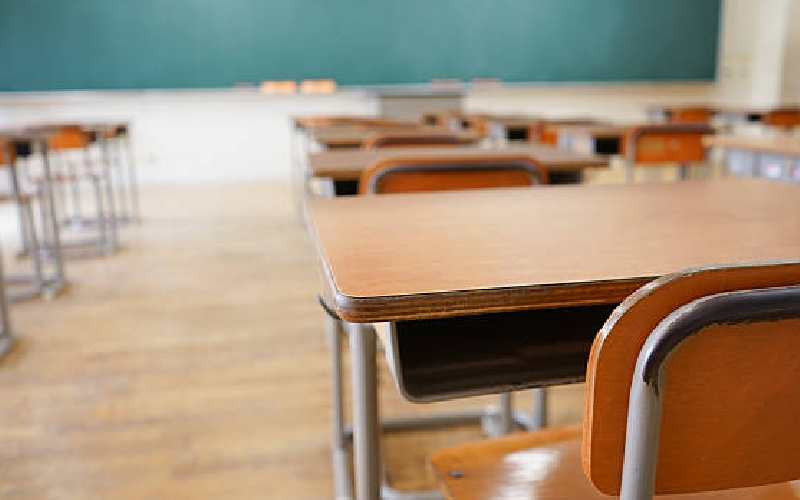×
The Standard e-Paper
Smart Minds Choose Us

Choosing the right learning environment for one's young child is essential as it will play a large role in the success of the child's learning experience throughout the rest of their life.
A child's first encounter with learning in a formal environment sets in motion the way in which they will view learning, how they foresee their role in society and the contributions they will make locally and globally later in life, education experts say.